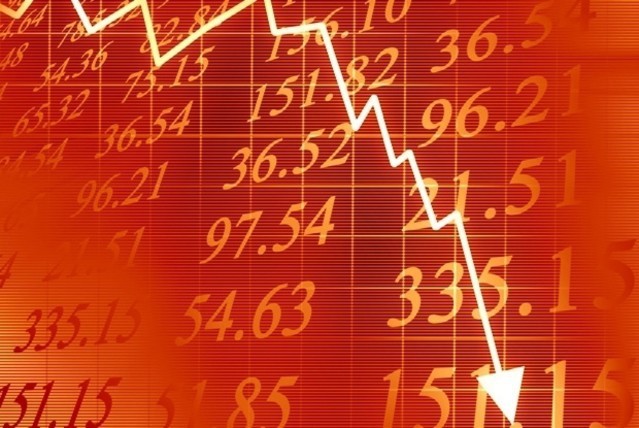Should you dump your mutual fund
Post on: 4 Апрель, 2015 No Comment

Just because you’ve lost a bundle isn’t reason enough to pull the plug
Judging when to hold a fund and when to fold can be devilishly tough business at any time. But it’s especially difficult now that almost all investing markets have imploded.
For that reason, nine times out of 10 your best course of action is to do nothing. If your mutual funds are part of a comprehensive plan for your money and you had confidence in their investment approach when you selected them, then you should probably sit tight and trust the decisions you made in less emotional times.
But a down market does have a way of illuminating a fund’s weaknesses, which in good times can go unnoticed. If a fund’s shortcomings are starting to come into focus, it might be time to sell your shares, harvest any tax losses and move on to better ideas. Here are a couple of reasons to consider giving flagging funds the heave-ho.
Too risky. The current bear market may be forcing you to rethink the basic issues of time horizon and risk tolerance — key factors that determine how you spread your assets. You shouldn’t overturn your asset allocation unless you’ve thought seriously about the consequences. But if you’re losing sleep worrying that you’re at risk for large additional losses, you should sell some of your stock funds.
Which ones? Start with the riskiest. Maybe emerging-markets funds, which on average lost 60 percent of their value in 2008, aren’t for you after all. Besides, any diversified overseas stock funds you hold probably have some exposure to developing markets.
Lousy performance. How do you measure incompetence or even mediocrity when nearly all the results across the investment landscape are miserable? Put your fund’s performance in context by sizing it up against its peers. You can do this free on Morningstar.com by entering your fund’s symbol and then clicking on Total Returns. Returns over three-, five- and 10-year periods are useful but can easily be distorted by one unusually bad or unusually good year. Reviewing individual calendar-year returns is a better way of assessing a fund’s performance.
The best funds beat their peers — and their benchmarks — year after year, in good times and in bad. But you might want to cut some slack to funds that lag their peers in good years but do better than average in down years. Similarly, racier funds get a pass for losing more than average during bear markets, as long as they deliver superior performance in up markets.
GROSS ERRORS OF JUDGMENT
Many mutual fund managers have dropped the ball during the downturn. The problem is, there’s an ocean of gray between those who got it a little wrong and those who got it unpardonably wrong.
When bad judgment becomes chronic, the call to sell is clear.
Go to the fund company’s Web site and download all the manager commentaries and portfolio data you can find for the past two years. As you comb through all that soporific verbiage and data, try to get a sense of whether the fund manager was taking the risks of the financial crisis seriously and whether he or she made any foolhardy bets.
Did the manager build up an oversize stake in energy stocks or financials by June 2008? That would look pretty incriminating. (Some fund managers fess up to their foibles in shareholder reports and other missives, but we consider such forthrightness to be a plus.) Be sure to compare a fund’s sector allocations with those of a relevant benchmark, such as Standard & Poor’s 500-stock index or the Russell 2000 index.)
ADDING INSULT TO INJURY

If you’re still on the fence about a fund, look for one simple number to tip the scales: your fund’s expense ratio. After all, what you pay for your investments is one of the few things you have control over. An annual expense ratio of 0.52 percent, unusually low for an actively managed fund, certainly helped to sway our opinion in favor of keeping Dodge & Cox Stock in the Kiplinger 25, despite a series of bad stock picks that cast doubt on its management’s judgment.
Not surprisingly, some funds with the lowest expense ratios have beaten most of their peers during the bear market.
Geared up to pull the plug? Don’t hit the sell button until you’ve come up with a plan for the cash you’ll be redeeming. As New York financial planner John Deyeso says, One of the single largest mistakes investors make is they sell, leave the proceeds in money-market accounts, and the money just sits there.
Sign up for the daily JWR update. It’s free. Just click here.
Interested in a private Judaic studies instructor — for free? Let us know by clicking here.
Comment by clicking here .
Elizabeth Ody wrote this as an associate editor at Kiplinger’s Personal Finance magazine.














